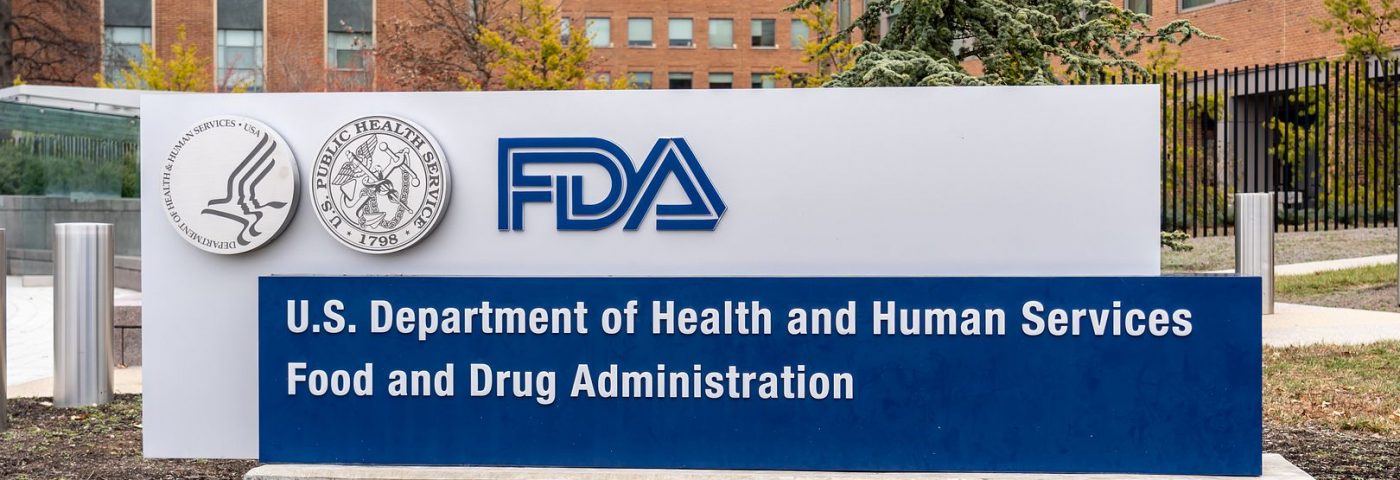The U.S. Food and Drug Administration (FDA) has accepted for review — under priority status — two applications requesting the approval of Opdivo (nivolumab) for treating several types of gastric and esophageal cancers.
Opdivo is an immune checkpoint inhibitor marketed by Bristol Myers Squibb that has been approved, both alone and in combination with other medications, to treat different types of cancers.
Because the therapy works by interfering with the PD-1/PD-L1 signaling cascade, which is used by cancer cells to evade the body’s immune system, it tends to be more effective in patients whose tumors produce the PD-L1 protein.
In one of the applications, Bristol Myers requested the therapy’s approval as a first-line therapy for people with advanced or metastatic gastric cancer, gastroesophageal junction cancer (GEJC), or esophageal adenocarcinoma (EAC), in combination with fluoropyrimidine- and platinum-based chemotherapy. The U.S. agency set a deadline for May 25 to announce its final decision.
“Today’s filing acceptance by the FDA marks important progress for the gastrointestinal cancer community and builds on our momentum of advancing immunotherapies to help improve the lives of those with advanced gastric and esophageal tumors,” Ian M. Waxman, MD, development lead of gastrointestinal cancers at Bristol Myers Squibb, said in a press release.
This approval request was based on data from the CheckMate-649 Phase 3 trial (NCT02872116). In that study, a combination of Opdivo plus a chemo regimen — FOLFOX and XELOX (CapeOX) — was superior to chemo alone at prolonging survival and delaying disease worsening in patients with advanced or metastatic gastric cancer, GEJC, or EAC, whose tumors contained PD-L1.
Interim data showed that after a minimum follow-up of one year, the combination therapy lowered the risk of death by 29%, and the risk of disease progression or death by 32% in patients whose tumors had moderate or high levels of PD-L1 (those who showed PD-L1 production in at least 5% of cells in their tumors).
Importantly, Opdivo also lowered the risk of death among all treated patients by 20%, regardless of the levels or the presence of PD-L1 in their tumors.
The safety profile of the Opdivo combo therapy was consistent with the known safety profiles of each treatment, when given separately.
“The positive results of the CheckMate-649 trial are potentially practice-changing, and we look forward to working with the FDA to possibly bring the first immunotherapy-based treatment option to front-line patients, for whom no novel therapies have been made available in the last decade,” Waxman said.
In the second application, the company requested Opdivo’s approval as an adjuvant therapy for patients with esophageal cancer or GEJC, who had previously received chemoradiation therapy followed by surgery.
Adjuvant treatments are those aiming to prevent cancer from returning after patients have surgery. The FDA set a deadline for May 20 to announce its final decision for this indication.
“The FDA’s acceptance of our application marks important progress toward our goal of advancing treatment options for patients with esophageal cancer or GEJC, in this case in early-stage disease,” Waxman said in a separate press release.
“We look forward to working with the FDA to potentially bring Opdivo to these patients, who face a critical unmet need and remain at high risk for disease recurrence,” he added.
This request was supported by interim data from the CheckMate-577 Phase 3 trial (NCT02743494), which showed that Opdivo was superior to a placebo at extending life without signs of disease in patients with esophageal cancer or GEJC who still had some signs of cancer cells in their surgically-removed tissue — despite prior treatment with pre-surgery chemoradiation therapy.
Findings from CheckMate-577 also demonstrated that when used in an adjuvant (subsequent) setting, Opdivo’s safety profile was consistent with that observed in previous studies.
With these findings, esophageal cancer and GEJC have joined the list of cancers, including melanoma, bladder, and lung cancer, for which Opdivo was found to be beneficial in an early disease setting.


